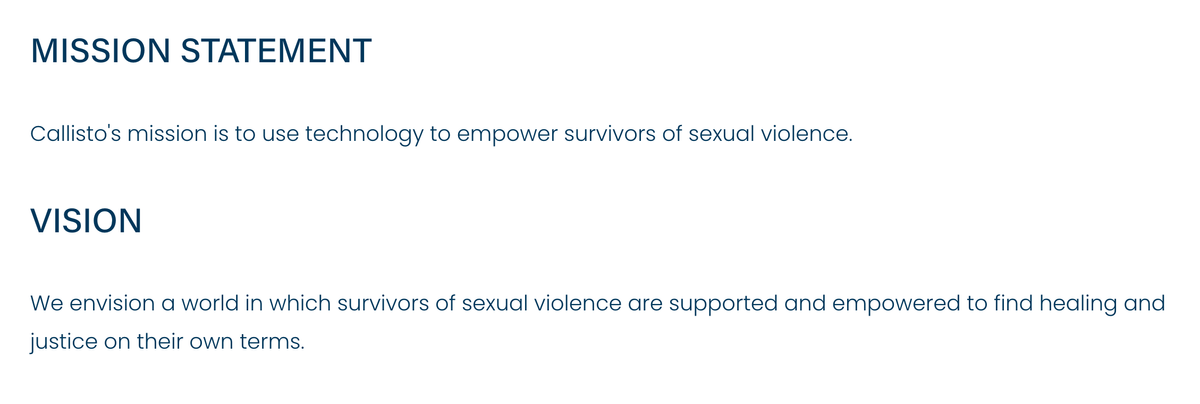Sending up the Batsignal and asking for help

Countless times, when people in the entertainment industry needed help, I’ve answered the call.
I’ve done things behind the scenes and helped however I could more times than I can count. I’ve listened to folks’ stories and told them they weren’t wrong to feel the way they did after they experienced terrible things. For decades, as a critic and reporter, I’ve highlighted not just what I love about what Hollywood makes, but what can be harmful about the way its stories get told and who gets to tell them.
And of course, I’ve repeatedly answered a very urgent call by writing many, many tough stories about unfairness, exclusion, misconduct and abuse. Then I wrote a whole book about all those things and how to further the process of fixing them.
Now, for the first time, I’m asking for your help. I’m sending up the Batsignal.
Not for me, but for an organization that really, really needs help — major help, and fast.
I know it’s the worst time for an ask. A lot of people I know are tapped out, mentally, physically, spiritually and financially. Half my timelines are mutual aid requests and people doing fundraising for themselves, for their communities and for politicians that may help us (narrowly) avoid a Fascist takeover in a few weeks.
Knowing all that, I’m asking anyway. That’s the kind of urgency the situation demands.
I’ll outline the request right here at the top, and then explain why I think Callisto deserves help.
Callisto, a nonprofit devoted to empowering assault survivors and finding serial perpetrators, may close its doors within days if it does not get major funding. If you know of organizations, foundations or individuals that could write big checks very soon, please pass this on or connect them to the Callisto team as soon as possible (development@projectcallisto.org)
Many good things came from the publication of Burn It Down, and one of the best unexpected benefits was getting to know Callisto’s work better.
In Burn It Down, I mentioned Callisto as a worthy example of how an organization can not only help survivors but also take on a problem that has become, in terms of my Hollywood reporting, my white whale: The repeat offender.
In most spheres of life, a small number of people commit most abuses (9 out of 10 assaults are committed by serial offenders). It would be transformational to focus more consistently on those people, and that’s a large part of what Callisto does. Callisto was founded in 2011 and at this point, accounts have been created at more than 300 colleges and universities in 46 states.
Through Callisto, survivors can document their assault, find out of their assailant has hurt others, and even potentially find a way of holding that person accountable.
Callisto does not report anyone to an HR department, to law enforcement, or to a Title IX office on campus. What it does do is allow a survivor to use Callisto’s confidential online portal to document what happened to them, put information about their assailant into the secure system, and find out whether others have reported that person.
If there is a match, those survivors then get the assistance of a Legal Options Counselor, who helps people figure out the next steps that are right for them. That might involve going to the press, legal action or criminal charges, a restorative justice process, or simply being in community with others who’d understand what they’ve been through. As a survivor, I know that connecting with others who’ve been through experiences like mine can be transformational.
Here’s the mind * blown part: I learned recently that Callisto is not just a college tool anymore. It’s available right now, to 21 million people in the US and its territories. Those who use it do not have to be on campus or in a scholastic environment. Anyone who still has access to their college email account, even if they’ve left school or graduated, can use Callisto.
Folks on the lowest rungs of any profession — especially in creative industries, where power diffentials are massive and abuse of power is still too often regarded as “creativity” or “passion” — are most likely to need something like Callisto. And those are the people the most likely to still have access to their college email account (if they ever had one, and of course, that's not true of everyone). But like I said, anyone at any stage in their career with a .edu address can use it.
These days, in Hollywood, there are more resources for those who’ve been abused or assaulted than there used to be. That’s a good thing. There can’t be too many attempts to level that very skewed playing field, in my opinion. If people in Hollywood use Callisto — and if it’s able to expand its services beyond the 21 million with access to it now — what a miracle that would be. I think what it does is revolutionary, and, without question, helpful to survivors.
If nothing else, if Callisto ends up being one of the tools that reduces Hollywood’s reliance on the old “move the abusive priest from parish to parish” dynamic*, the chances of more people working more of the time in respectful, appropriate and enjoyable environments would increase greatly. I really believe that.
(*Not Fun Fact: If I had a dollar for every time a Hollywood worker had used that analogy in a conversation with me, I could fund Callisto for a year all by myself.)
Callisto hands some autonomy back to survivors and sometimes connects them to each other. I've witnessed and facilitated those kinds of dynamics as a journalist, and being part of those moments – movements, really – can be awe-inspiring. But as I've noted many times, in the main, those stories are grindingly hard to do, and the answer to the massive problems surrounding grave misconduct, abuse and assault in our society can't be "some terrified sources and a dwindling number of reporters burn out their brains and souls in order to hold a small number of abusers and enablers to account, possibly temporarily, if at all." There have to be sturdy, reliable systems that truly help. The need for those kinds of systems and resources is as acute as ever.
Callisto could continue to help survivors in all kinds of places — but only if it continues to exist. So I’ll repeat the call: If you know of any person, organization or foundation that might be able to help Callisto, please send them what I’ve written here, or this post from the Callisto leadership team. If you can’t donate or you don’t know any deep-pocketed types, you could share this call or the Callisto post on your social media, if you care to.
For free, Callisto has assisted and empowered survivors — and taken on the issue of serial perpetrators — for more than a decade. Heroes aren’t always where you expect them to be, and I didn’t even know this organization existed until I was doing research for my book.
Having trawled the sewers of Gotham for a long time, I can absolutely say that what Callisto does is heroic.
I hope that together, this time we can all save the day.
